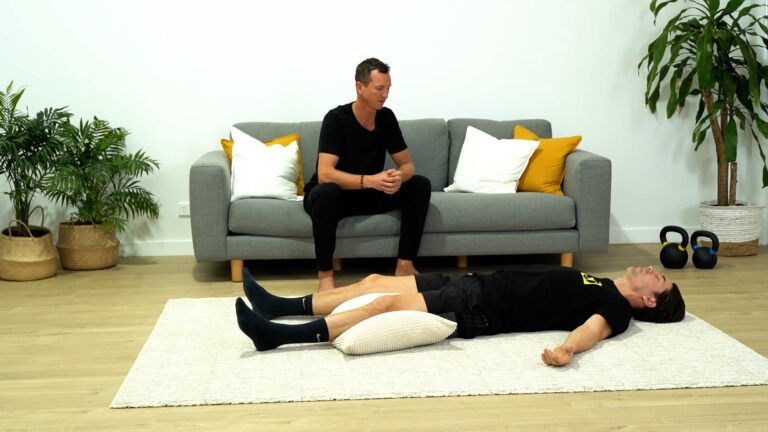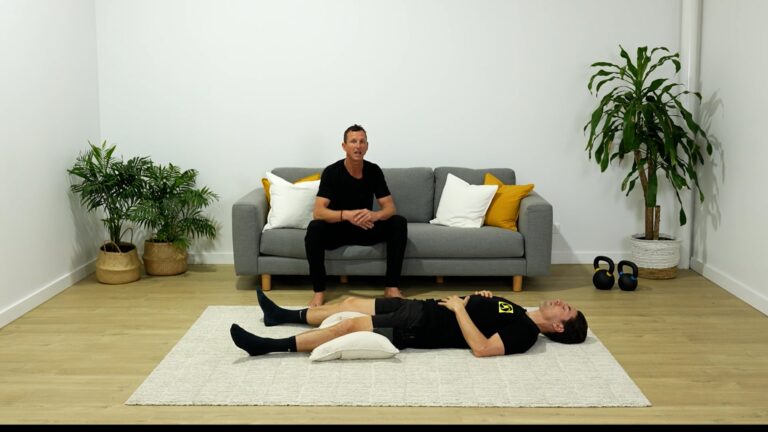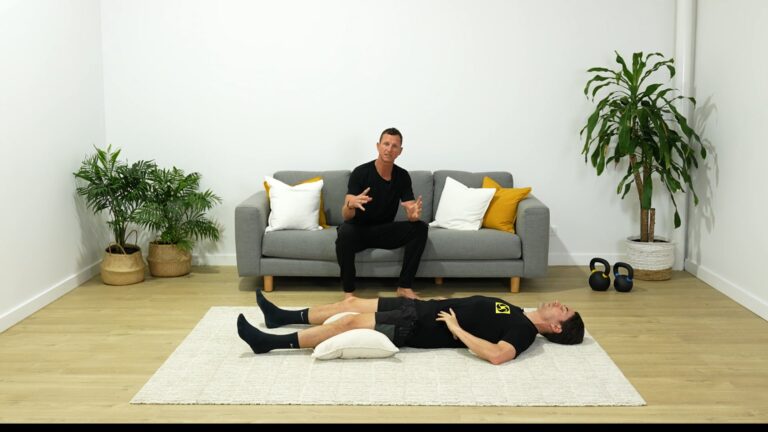“Discipline is the bridge between goals and accomplishments.”
–Jim Rohn
When it comes to your health and well-being, there’s never going to be a point where you say, “Okay, I’m finished with this task. I no longer have to work on this”. Health is an ongoing, long-term commitment, although how you feel about it and your desire to work on it will ebb and flow through differing seasons. The most fundamental and critical trait is your ability to show up and keep chipping away at it daily, in whatever capacity that looks like for you.
Motivation and discipline are two critical elements for success regarding your health. These terms can often be used interchangeably, although they mean entirely different things. It can be misunderstood that to be successful; we need motivation to carry us through when it comes to persisting towards a long-term goal. Motivation will initially create excitement (which we need), but discipline drives us towards the end goal. Both are important in their unique ways. However, both must be understood.
What is motivation?
Motivation is the combination of psychological driving forces that initiates a plan, organises the specifics and creates the behaviours needed to lead us towards achieving a goal. When it comes to health goals, there will be multiple challenges involved. That requires deep motivation to continue and work through the hurdles. Motivation allows you to approach your goals with excitement and an ability to try new things.
Two types of motivation will play a role in health and well-being. These are extrinsic and intrinsic.
Extrinsic Motivation:
Extrinsic motivation is understood as the motivation that pushes you to participate in an activity based on meeting an external goal to gain praise, validation or approval. Alternatively, it can be in the desire to win a competition or receive an award or payment. This can be a slippery slope in the context of health and well-being. If you are purely motivated to work towards your health goals, to gain status or validation from others. It’s time to re-align with your goals.
This could be seen in the context of wanting to lose weight or change your body because you feel everyone else has, or you notice people on Instagram look different. Comparison can play a significant role in how we view ourselves, and you can get stuck in the trap of never truly being happy within your skin. Extrinsic motivation is valid to an extent; if people want to feel better in their bodies, that is fair – however, this should be more aligned with an intrinsic motivator.
Intrinsic Motivation:
Intrinsic motivation is seen as a motivator that is derived from an activity that is fun, and rewarding, shows growth and development and aligns one’s values with one’s behaviours. It is also a precipitating driver for wanting to feel good in your body (not just look good; that is extrinsic). Intrinsic motivation can be wanting to run 1k longer or feeling more vital in your body with less frequent injuries. It can be the internal satisfaction that comes with pursuing and sticking with a goal, even when it becomes challenging, as that goal intrinsically gives you purpose and drive.
When addressing goals, understanding your intrinsic motivation will be pivotal for your overall success. This is often what we refer to as “your why” and will go much deeper than the surface-level achievements. Intrinsic motivators should be what we rely on to push us, especially when we are constantly inundated with busyness and living in a very aesthetic world. They are the internal drivers that ultimately correlate our behaviours with our feelings.
It’s important to note when considering intrinsic motivators. Becoming aware of our thoughts will lead to a higher level of success. If you constantly feel as though you’re putting yourself down or never able to ‘stick with it’ and are stuck in an all-or-nothing mindset, then potentially, it’s time to realign with your goals or touch base with your internal motivators. Intrinsic motivation, when approached positively and correlated with internally feeling good, is one of the ultimate achievements in health and will last much longer than any short-term high or fix.
Discipline: How to create long-lasting change.
It is the discipline that will be your biggest superpower when seeing long-term change. In the book Principle-Centered Leadership, author Stephen Covey defines discipline as “the ability to make and keep promises and to honour commitments”.
Discipline in health is not just a choice but a commitment. It is the act of showing up daily and pushing through the times when your inner critic kicks in and tells you to just ‘not bother training today’ or when the alarm goes off on a cold morning and hitting the snooze button feels better instead. Discipline is what we must all rely on and fall back on consistently when it comes to changing and sticking to new habits and behaviours. This is not to say when your body or mind needs a rest, don’t take it. Definitely not, being in tune with your body is essential. However, discipline is knowing when you have something in you and you just don’t want to do it. Discipline is the unconscious act of drinking extra glasses of water, walking up the escalator rather than standing still or putting in a 15-minute walk when you don’t have the time for a full workout. Discipline is the understanding that if things don’t go to plan, you just continue and keep trying. Recognition that something is better than nothing, rather than ‘I’ve fallen off the wagon, I may as well give up’.
Motivation is excellent, but it doesn’t last long. Motivation is essential, especially when our head is not in the right place, and it will be the initiating force of change, but discipline must be relied on when we want to feel change within ourselves.




Responses